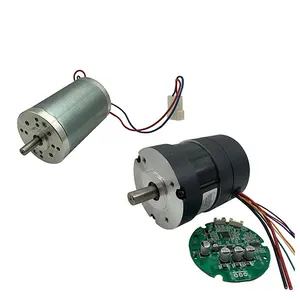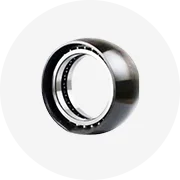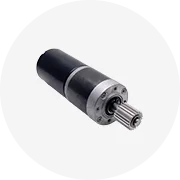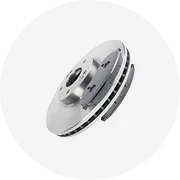Understanding PMDC Motor Controllers
Permanent Magnet Direct Current (PMDC) motor controllers are integral components in the realm of motor management, ensuring that PMDC motors operate with precision and efficiency. These controllers are pivotal in dictating the performance of motors by managing parameters such as speed and torque.
Types and Applications of PMDC Controllers
The versatility of PMDC controllers is evident in their wide range of applications. From fine-tuning the operation of electric bicycles, indicated by the term 48v PMDC motor, to the intricate adjustments required in industrial machinery, these controllers are adaptable to various settings. They are also commonly employed in automation systems, where PMDC motor speed control is crucial.
Features of PMDC Motor Drives
PMDC motor drives come with a spectrum of features designed to cater to diverse motor types. Whether it's a simple setup or a complex system requiring PMDC speed control, these drives offer programmable options to suit advanced applications. Their adaptability makes them suitable for a range of power outputs and voltage requirements.
Materials and Advantages of PMDC Speed Control
The construction of PMDC motor controllers involves durable materials that can withstand the demands of various operational environments. The advantage of using a PMDC drive includes enhanced control over motor functionality, leading to improved performance and longevity of the motor it governs.
Selecting the Right PMDC Motor Controller
Choosing the appropriate PMDC motor controller is critical for seamless integration with your motor. It is essential to match the controller to the motor's specifications, such as wattage and voltage, to ensure optimal performance and avoid compatibility issues.
Integrating PMDC Controllers in Various Industries
PMDC controllers are not limited to a single industry but are integral in various sectors, including consumer electronics, automotive, and industrial automation. Their role in precise motor management makes them a key component in enhancing the efficiency of devices and machinery across these industries.

































 浙公网安备 33010002000092号
浙公网安备 33010002000092号 浙B2-20120091-4
浙B2-20120091-4